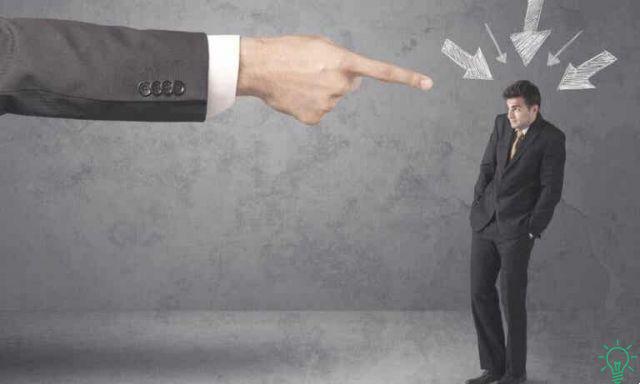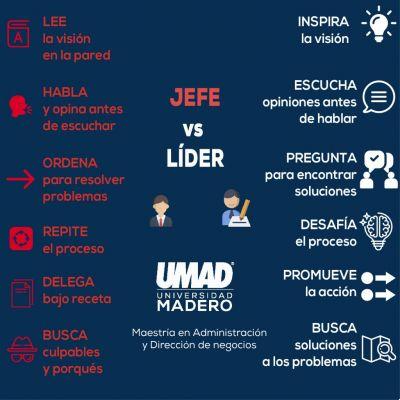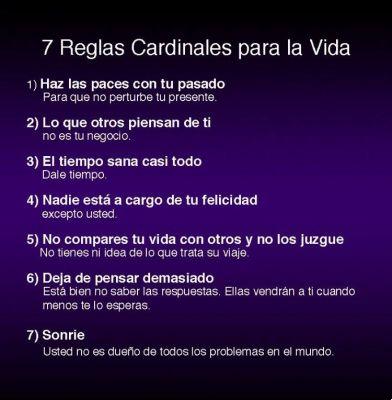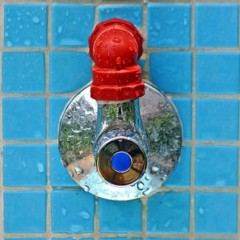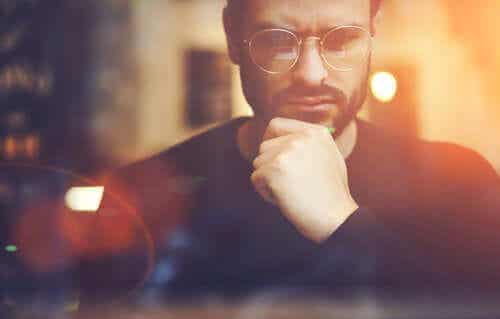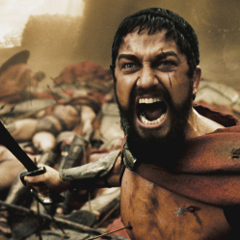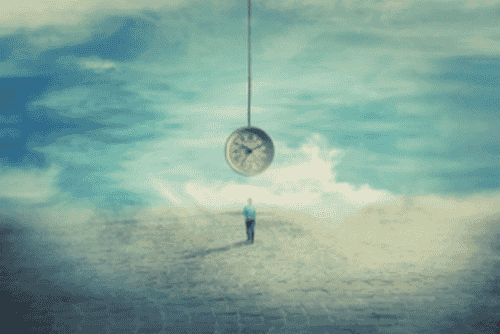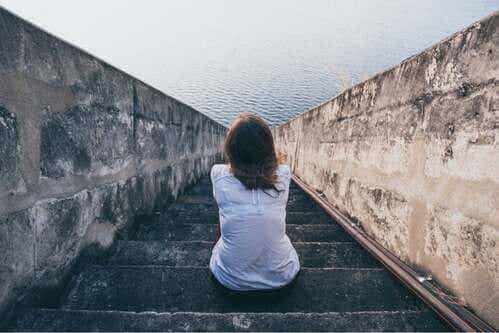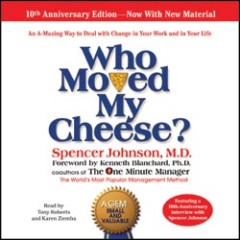Sometimes we buy more out of boredom or impulse than out of actual need. Why do we do it?

Last update: May 30, 2020
Everything in this life is constantly changing: politics, values, different ways of thinking and relating, education, the world of work ... Today we live in a globalized society, marked by consumerism and the loss of the fixed points of past, which results in a strong feeling of uncertainty and disorientation, a feeling of being completely lost ...We lead a liquid life.
The philosopher and sociologist Zygmunt Bauman talked about all this and shaped the moving reality in which today's society is immersed in many of his works: liquid life, the one from which the fragility of emotional ties, the growth of inequality and general disconnection emerge. A confusing scenario, but one that requires speed, selfishness and individualism.
Current society and liquid life
Bauman states that the liquid society is based on all that is temporary, unstable, devoid of substance and ephemeral. Everything has its expiration date. Social networks play a fundamental role in this, since they allow you to stay connected and, at the same time, disconnected from each other. Let's find out more.
Consumerism promises something that cannot be achieved: universal happiness. And it claims to solve the problem of freedom, reducing it to the freedom of the consumer.
-Zygmynt Bauman-
The eternal emptiness of consumerism in liquid life
The liquid man wants to be a citizen without chains, responsibilities or commitments. It is only looking for new experiences, new risks, so it tends not to consolidate its roots. Everything that begins remains incomplete, without a conclusion or a full stop. Everything is fleeting and superficial ...
In this way, a constant feeling of existential emptiness develops within him, which he does not know how to fill (always assuming that he realizes it). Hence the risk of being carried away by a constant current of renewal, in which consumerism or the purchase of material goods become major protagonists. It is through the latter, in fact, that the human being tries to fill that existential void.
The problem is that the emptiness of not being is not filled with the possession of something. It is not the quantity that satisfies, but the constant dissatisfaction which, despite our efforts, does nothing but trap us in the absence of substance.
Unsatisfied desires invite us to fantasize about other desires, which hide shortcomings and needs, especially if the attention is oriented to the external world, rather than the internal one. Nowadays, nothing is exempt from the liquid state of our society. And, as a result, our individuality becomes empty and unstable and, at times, results in personality disorders, anxiety or depression.
In the contemporary world, all ideas of happiness are concentrated in a shop.
-Zygmunt Bauman-
Responsible consumerism
What to do in the face of so much chaos and so much emptiness? How to fill our ego? Learning to flow like water is one of the possible solutions. It is about adapting to different circumstances, as water does with its container.
For this reason, cultivating patience and self-observation is essential; in this way, little by little, our true needs will come to light and the fear of change will lessen.
On the other hand, it is advisable act in a critical spirit, which leads us to question certain behaviors and habits. In this way it will be easier to refrain from consumerist behaviors and continuous renewals that chain us to those behaviors that are repeated indefinitely, in which nothing is consolidated.
It is equally necessary to change to direct attention to our inner world, in order to connect with ourselves, once and for all; completely get rid of those useless patches that we sometimes put to fill our gaps and, instead, build solid foundations for our well-being.
We spend money we don't have, on things we don't need, to impress people we don't like.
-Will Smith-
How to put responsible consumerism into practice?
- Make a list of the things you really need, as well as establishing a maximum budget to spend.
- Focus on what you own.
- Recycle before buying new things.
- Look for alternatives to shopping. Many times we buy out of boredom, so it is important to have alternative activities to do in these cases, such as playing a sport or any activity that can curb the irresponsible and useless impulse to buy.
- Make your life easier so you can feel more satisfied.
Other ways to choose responsible consumption
- Having more self-love. Also, it is important to do whatever we like to feel good about ourselves and happier.
- Buy a little at a time so as not to intensify the symptoms of anxiety. Furthermore, it is essential to identify possible negative emotions when shopping and, if necessary, to consult a professional to analyze these emotions.
- Read about marketing. It never hurts to know more about how brands or companies “deceive” us. This way we will not fall into unnecessary purchases.
- Restrict subscription to newsletters about brands and companies via email. We receive offers every day by email, and we may end up buying even though we don't need them. Be very careful.
- Buy experiences. Everyone decides how to live their life. Let us remember, however, that experiences remain in our hearts, while objects do not ...
As you may have noticed, the point is not to have more and more, but to be, to cultivate our inner world to project it outward from a contemplative, patient and enriching perspective.
Let's stop living at full speed, stop for a moment, close our eyes and enjoy the silence. The kind of silence that is a beautiful experience, able to calm our mind, to curb our impulses and to bring us closer to well-being.







